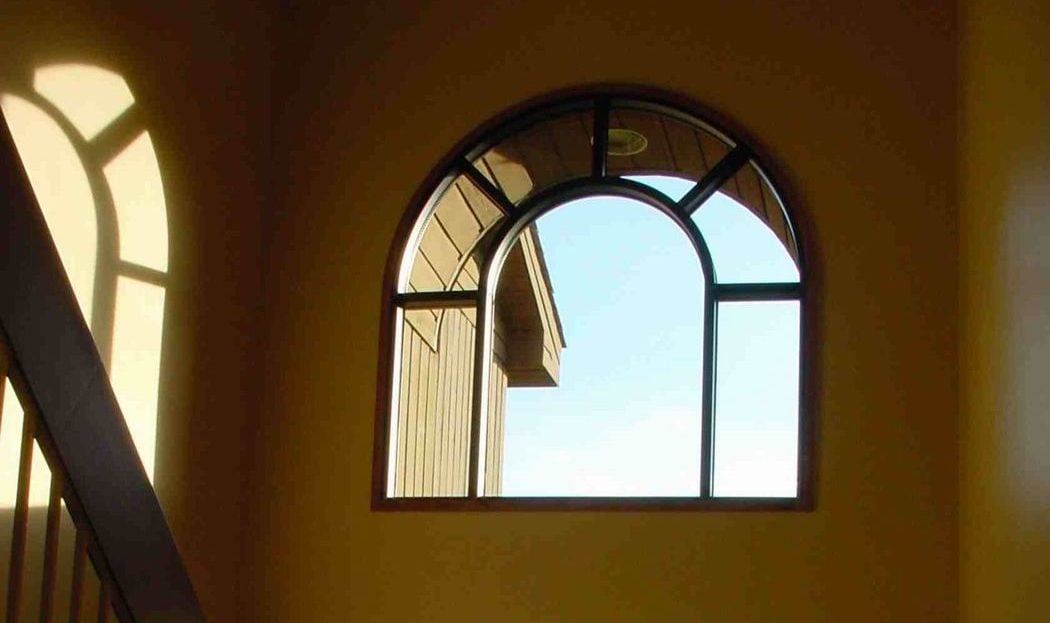Q: I’m wondering if getting new windows will reduce street noise and condensation in our home.
We bought our home in 1995, when it was 2½ years old, and the windows have never been changed. The original crank-style wood-frame windows seem to be letting more street noise into the house than before. I’m sure I’m not imagining this.
I understand that the space between the panes of glass were filled with gas originally, but I’m thinking that must be gone because we now get internal condensation between panes.
Will new windows make a difference?
When window seals fail
A: New windows might reduce street noise, although it’s hard to tell how much.
The space between glazings in modern windows are often filled with argon gas because it offers better thermal insulation properties than dry air. But, as you’ve discovered, the seal between panes can fail, letting moist air in to replace the argon. The kind of internal window condensation you see is a visible sign of this problem.
The difference in street noise you hear may come from increased traffic levels over time, or from areas around window frame seals that have developed leaks. A little gap can allow large amounts of sound indoors. If you’re cautious, you might try a few replacement windows on the street side of your home, just to see if you notice a difference in sound levels.
What to choose
If you decide to go ahead with window replacement, choose a model of window that meets the CSA A440 standard for air and water tightness. Triple-seal casement windows are one design that keep weather and noise out particularly well. If you’re Canadian, an organization called WindowWise lists approved window manufacturers. If you’re in the U.S., check out the National Fenestration Council and their approved window products information.
One more thing: if new windows do reduce the amount of outdoor air leaking into your home, this could increase the level of indoor humidity in winter. If this increase is large enough, then running condensation could develop on the interior side of your new windows, even if this didn’t happen before.
A considerable portion of homeowners who get new windows find it increases window condensation. This isn’t the fault of the windows. In fact, it’s proof that they’re doing a better job than the old ones in keeping drafts out. The solution is to install a heat recovery ventilator (HRV). This gives you the fresh air you need, without losing heat through leaky windows.
Watch this video about about window condensation and why it happens in cold climates:
Related
Looking to renovate? Check out our directory of pros

